In the realm of football, the journey of nurturing young talent has become a labyrinth of conflicting guidance and varied methodologies. The landscape of player development, once a clear path under the guidance of a single mentor, has transformed into a maze of voices, each vying for attention and influence over the burgeoning footballers. The consequences? A looming crisis: the destruction of player development.
One of the central issues plaguing this generation’s aspiring footballers is the conflicting advice they receive from multiple coaches and influencers. In the pursuit of excellence, children find themselves bombarded by a cacophony of perspectives, leaving them adrift in a sea of mixed messages. What was once a clear path toward improvement has become muddled, confusing, and at times, counterproductive.
Consider this: a young footballer is coached by a variety of individuals—school coaches, club coaches, Private coaches, and well-meaning parents—all with their unique visions of success. Some emphasize teamwork and camaraderie, urging players to understand the nuances of collective play. Others focus solely on winning, instilling a hyper-competitive drive that can sometimes overshadow the joy of the game itself.
As a result, we witness a spectrum of player behaviors that reflect this fragmentation. Some children thrive only when surrounded by familiar faces, finding comfort in the presence of friends during play. On the other hand, some are conditioned to prioritize victory above all else, their self-worth and confidence teetering on the outcomes of games.
Yet, amid this chaos, lies a more insidious problem: the neglect of individual skill development. With an emphasis placed solely on team dynamics, many footballers are not given the dedicated time and attention needed to hone their specific strengths and address their weaknesses. Consequently, when presented with an opportunity to shine, they lack the necessary skills to capitalise on these moments.
The irony is stark: the very individuals entrusted with molding these young footballers into the stars of tomorrow are unwittingly contributing to their stunted growth. The absence of a unified approach to player development, where coaches, Private coaches, and parents work in harmony, hinders the rapid advancement that could otherwise be achieved.
Note: At CSR Academy, we have implemented an internal successful unified process where all needs are met by coaches in-house. This approach allows us to monitor progress effectively, ensuring that every player’s development is comprehensively managed within a synchronised framework.
Imagine a scenario where these influencers collaborated seamlessly, each playing a defined yet complementary role in the footballer’s journey. Picture a landscape where school coaches, club mentors, Private coaches, and parents worked in unison, recognising and nurturing the unique needs of each player. In this utopia of player development, progress would be exponential, guided by a synchronised effort toward individual growth within a collective framework.
The path to rectifying this destructive trend lies in fostering collaboration, communication, and a shared vision among all involved in a young footballer’s development. It requires a paradigm shift—one where the focus is not solely on the outcome of a game but on the holistic growth of the player. It necessitates an environment where winning is important, but not at the expense of neglecting crucial individual skill-building.
In conclusion, the present state of player development in football teeters on a precipice. It’s imperative to recognise the adverse effects of conflicting coaching methodologies, prioritise individual skill enhancement alongside team dynamics, and forge a unified approach among all stakeholders involved. Only then can we ensure the nurturing of well-rounded footballers equipped not just for victory today but for success that endures in the long run.







